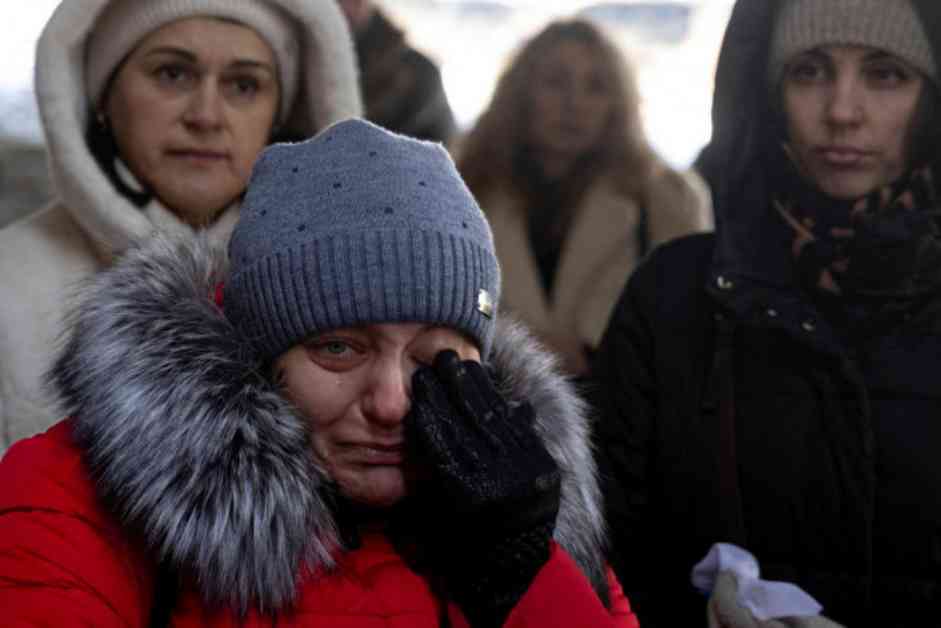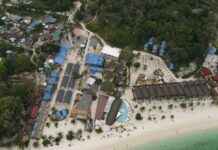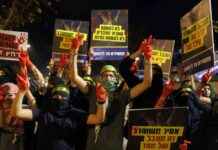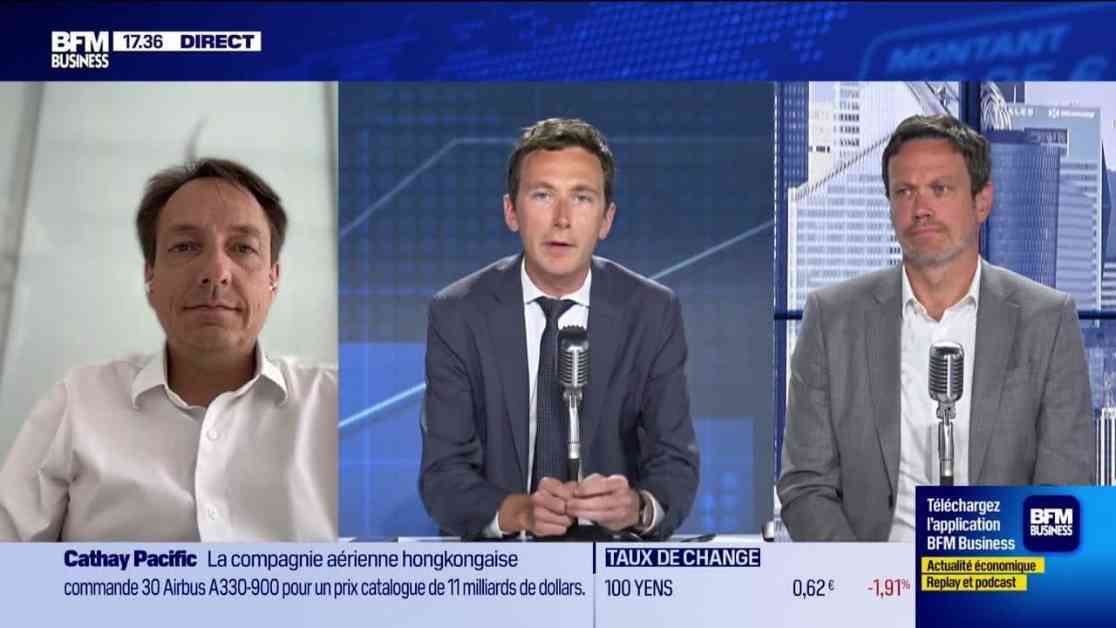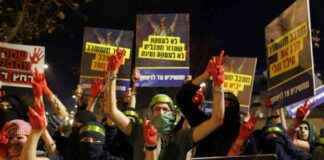Amidst rising tensions and global conflicts, the world witnessed a significant move from the United Kingdom on Monday. On the third anniversary of Russia’s invasion of Ukraine, Britain made a bold statement by imposing comprehensive sanctions on Russia. This action, believed to be the most extensive since the initial days of the conflict, targeted entities worldwide that provide components essential for the Russian military. The impact was far-reaching, affecting not only Russia but also North Korea and Kyrgyzstan.
UK’s Wide-Ranging Sanctions
The sanctions announced by Britain covered a broad spectrum of industries and regions. Specifically, the focus was on companies involved in the supply chain of machine tools, electronics, and dual-use goods, including microprocessors integral to weapons systems. These entities were not limited to Russia but spanned across various countries, including Central Asian states, Turkey, Thailand, India, and China. By targeting these suppliers, the UK aimed to disrupt military operations and limit the resources available to the Russian forces.
Moreover, the sanctions extended to individuals, with wealthy Russians like billionaire Roman Trotsenko facing restrictions. Additionally, North Korea’s defence minister, No Kwang Chol, was sanctioned due to the deployment of North Korean troops in Russia. The inclusion of Kyrgyzstan-based Keremet Bank further highlighted the global impact of these measures. The British government’s actions were not confined to specific regions but encompassed a wide array of actors involved in supporting military activities detrimental to peace.
Disrupting Enablers and Supply Chains
In a bid to cripple Russia’s operations further, Britain identified and targeted vessels aiding in circumventing existing sanctions. Approximately 40 vessels were identified as complicit in helping Russia transport oil, bypassing international restrictions. By sanctioning these vessels, the UK sought to cut off crucial supply lines and financial resources that enable Russia’s aggressive actions. This strategic move aimed to hold not only Russia but also its enablers accountable for perpetuating conflict and instability on a global scale.
British Foreign Minister David Lammy emphasized the significance of disrupting military supply chains and blocking financial resources as essential steps towards achieving a lasting peace. The sanctions represented a tangible effort to counteract Putin’s aggression and promote stability in regions marred by conflict. By exposing and targeting those complicit in supporting hostile activities, the UK demonstrated a commitment to upholding international norms and fostering peace.
In conclusion, Britain’s imposition of comprehensive sanctions on Russia marked a pivotal moment in global relations. The actions taken underscored a firm stance against aggression and conflict, emphasizing the importance of disrupting supply chains and financial networks that fuel military operations. As the world grapples with ongoing crises, initiatives like these highlight the role of sanctions in promoting accountability, peace, and stability on an international scale.
